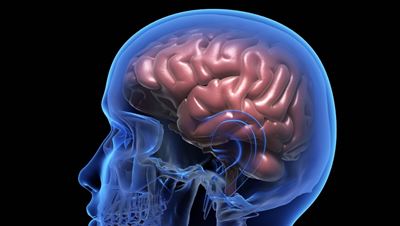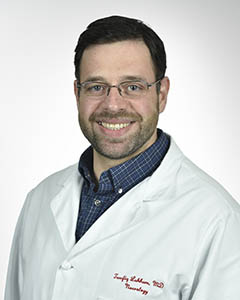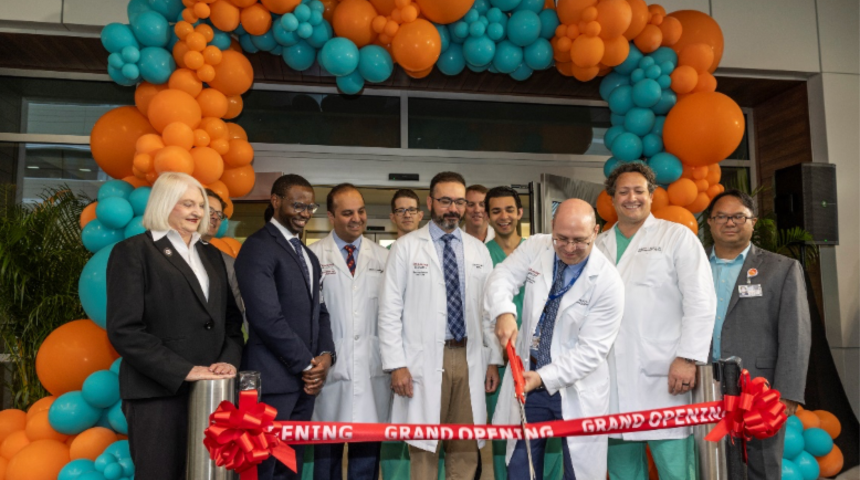Amyotrophic lateral sclerosis (ALS) is a degenerative neuron disease of the brain and spinal cord. Also known as Lou Gehrig’s disease, ALS causes motor nerve cells that control muscle movements to die. These movements include the use of hands as well as walking, talking, swallowing and breathing. As the disease progresses, the muscles become paralyzed.
There is no cure for the disease yet, and because of the degenerative nature, the disease is fatal. However, if you are diagnosed with ALS, comprehensive care from a team of specialists can improve survival and the quality of your life.
Who Gets ALS?
Although ALS is a rare disease, it is more common than you might expect. In the U.S., 5,000 to 6,000 new cases are diagnosed each year. Between 20,000 to 30,000 Americans currently live with the disease.
disease.
The most common form of ALS is sporadic, meaning it may affect anyone. This accounts for 90 percent to 95 percent of ALS cases. Familial ALS accounts for 5 percent to 10 percent of all cases and occurs more than once in families. The average age of onset is around 55 years, but it can be seen in people who are in their early 20s to their 80s and older.
From the onset of symptoms such as twitching and cramping in muscles and weakness in the extremities, the average life expectancy is three to five years. But that can vary by the individual, with 10 percent of patients living longer than 10 years. Renowned scientist Stephen Hawking lived more than 50 years after his diagnosis at the age of 21. During follow-up in the first year after diagnosis, it’s easier to predict if the disease is a more aggressive or slow progressing type.
Diagnosing ALS
Because there is not a specific test to indicate ALS, the diagnosis is made on the basis of history and physical examination. To exclude treatable disorders that might mimic ALS, diagnostic tests such as EMG, MRI of the neck and brain, blood work and occasionally spinal tap are requested.
Although ALS is the most common form of motor neuron disease, most people visit several specialists before getting the correct diagnoses, and may even get treatment for other mimicking conditions, such as “pinched nerve/disc disease" or a gastrointestinal problem.
While the idea of being tested for ALS can be frightening, avoiding the delay of an ALS diagnosis can reduce the frustration and uncertainty around the cause of symptoms. Earlier diagnosis also means the earlier use of disease-modifying therapy.
Treatment Advances for ALS
Even though the cause of sporadic ALS is unknown and there is no cure yet, research on the disease is advancing at a rapid pace. Currently, two medications approved by the Food and Drug Administration (FDA) for ALS patients, Rilutek and Radicava, are helping improve survival.
In addition to medications, we have therapies that treat symptoms and focus on the quality of life. Supporting breathing and sleep offers survival benefits that can exceed one year. Maintaining weight with adequate nutrition and hydration also is important because it slows the progression of the disease and improves the level of energy. Successful communication strategies also can improve quality of life. Augmentative and alternative communication devices with eye-gaze technology are available.
Stem cells are not yet being used as a treatment for ALS in the U.S., but studies are advancing rapidly.
Benefits of Comprehensive Care
Treating ALS requires seeing a variety of specialists. Studies have shown that patients who go to an ALS clinic live longer and have a better quality of life. An ALS clinic brings together a multidisciplinary team to manage your care. Physicians, nurses, speech therapists, dietitians, physical and occupational therapists, and social workers are all in one location, making appointments convenient and centralized.
An ALS clinic provides access to all available treatment, equipment and counseling. The team of experts coordinates care and focuses on the quality of life throughout disease progression.
An ALS diagnosis can be overwhelming. Getting comprehensive care helps our patients and their families.
Amyotrophic Lateral Sclerosis (ALS)
The ALS Center at Orlando Health is the only comprehensive clinic in Central Florida dedicated to the treatment of amyotrophic lateral sclerosis (ALS), commonly known as Lou Gehrig’s disease.
Learn More










